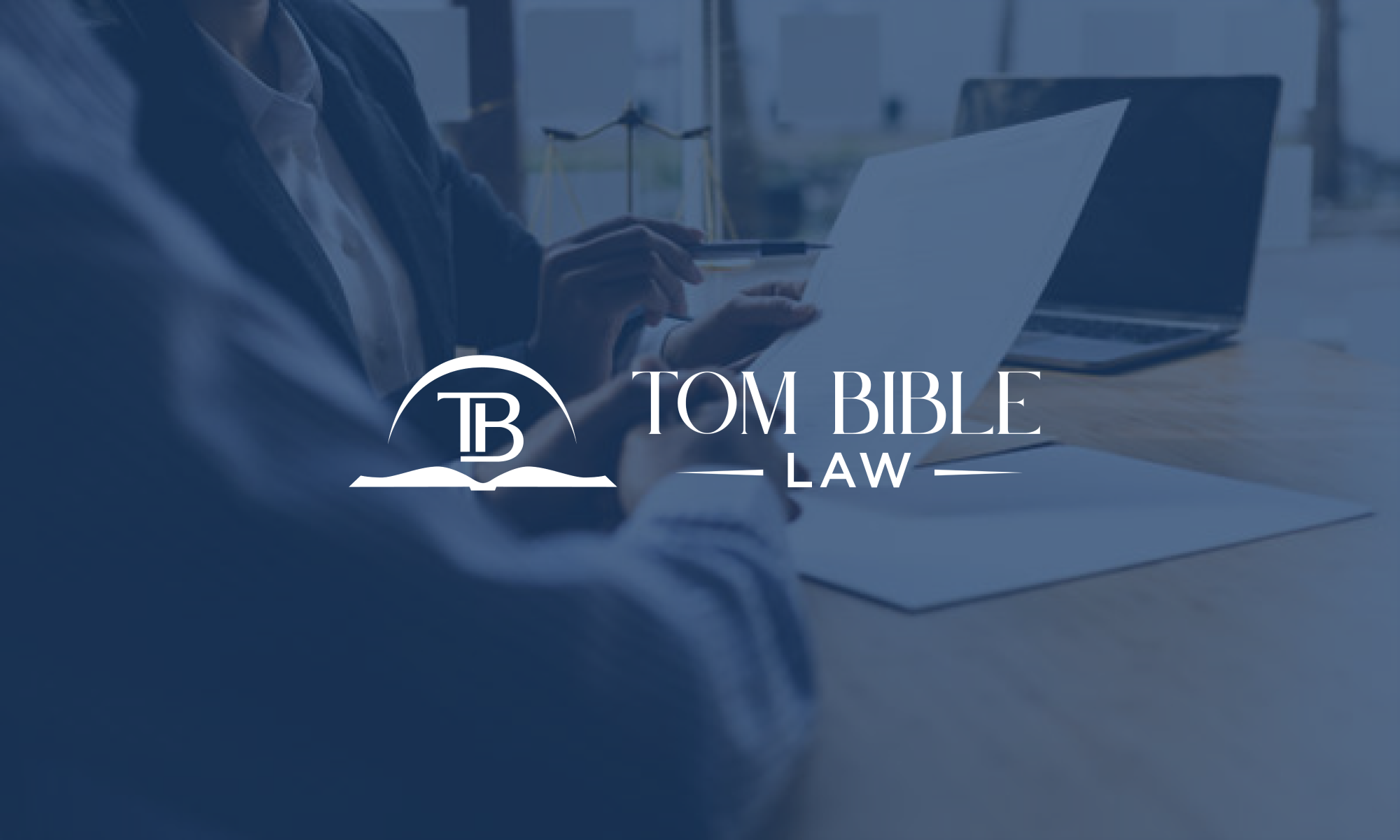Filing for bankruptcy can be a daunting experience, but taking proactive measures to protect your assets beforehand can help ease the process and preserve as much of your property as possible. By strategically planning and understanding your legal options, you can safeguard your financial future. Here are some key steps to consider before filing for bankruptcy.
1. Understand Your Exemptions
Each state has its own set of Bankruptcy Exemptions that allow you to protect certain assets from being seized by creditors. These exemptions typically cover essential items such as your primary residence, personal vehicles, household goods, retirement accounts, and some personal property. Familiarize yourself with the exemptions available in your state and consider how they apply to your situation. Consulting with a bankruptcy attorney can help you maximize these exemptions and protect more of your assets.
2. Avoid Unnecessary Asset Transfers
Transferring assets to friends or family members in an attempt to shield them from creditors can be seen as fraudulent and may backfire during bankruptcy proceedings. Such transfers can be reversed by the bankruptcy trustee, and you might face legal penalties. Instead, focus on legitimate ways to protect your assets within the bounds of the law.
3. Pay Down Secured Debts
If you have secured debts, such as a mortgage or car loan, paying down these debts can be a strategic move. By reducing the principal balance owed on these loans, you can increase the equity you have in these assets. Since exemptions often cover a certain amount of equity, this strategy can help you protect more of your property during bankruptcy.
4. Contribute to Retirement Accounts
Retirement accounts such as 401(k)s and IRAs are typically protected under bankruptcy exemptions. Contributing to these accounts not only secures your future but also shelters your money from creditors. Be mindful of contribution limits and avoid making unusually large deposits right before filing, as this could raise suspicion and potentially be contested by the bankruptcy trustee.
5. Reorganize Your Finances
Consider restructuring your finances to better align with your bankruptcy goals. This might involve converting non-exempt assets into exempt assets. For example, using cash savings (which may not be fully exempt) to pay down your mortgage or purchase necessary household goods (which may be exempt) can be a prudent move. However, ensure that these actions are reasonable and justified, as overly aggressive tactics can be scrutinized.
6. Keep Accurate Records
Maintaining thorough and accurate financial records is crucial. Document all transactions, especially those involving significant amounts of money or asset transfers. Transparent and well-documented records can demonstrate that your actions were in good faith and help avoid complications during the bankruptcy process.
7. Seek Professional Advice
Navigating the complexities of bankruptcy law requires expertise. Consulting with a bankruptcy attorney can provide invaluable guidance tailored to your specific circumstances. An attorney can help you develop a strategic plan to protect your assets, ensure compliance with legal requirements, and represent your interests throughout the bankruptcy proceedings.
8. Avoid Taking on New Debt
Taking on new debt before filing for bankruptcy can be detrimental. Creditors and the bankruptcy court may view this as bad faith, potentially leading to the denial of debt discharge or other legal consequences. Focus on managing your existing debts and refrain from incurring additional liabilities.
Taking proactive measures to protect your assets before filing for bankruptcy can significantly impact the outcome of your case. By understanding exemptions, avoiding fraudulent transfers, paying down secured debts, contributing to retirement accounts, reorganizing your finances, keeping accurate records, seeking professional advice, and avoiding new debt, you can navigate the bankruptcy process more effectively. Planning ahead and making informed decisions can help you safeguard your assets and secure a more stable financial future. If you are considering bankruptcy, reach out to a knowledgeable bankruptcy attorney to explore your options and develop a comprehensive strategy.
Contact Tom Bible Law Today!
Struggling with overwhelming debt in Chattanooga? Our experienced bankruptcy lawyers can guide you through the process and protect your assets. Contact us today for a free consultation and take the first step toward financial relief and a fresh start. Call 423-874-6628 now to secure your financial future!


